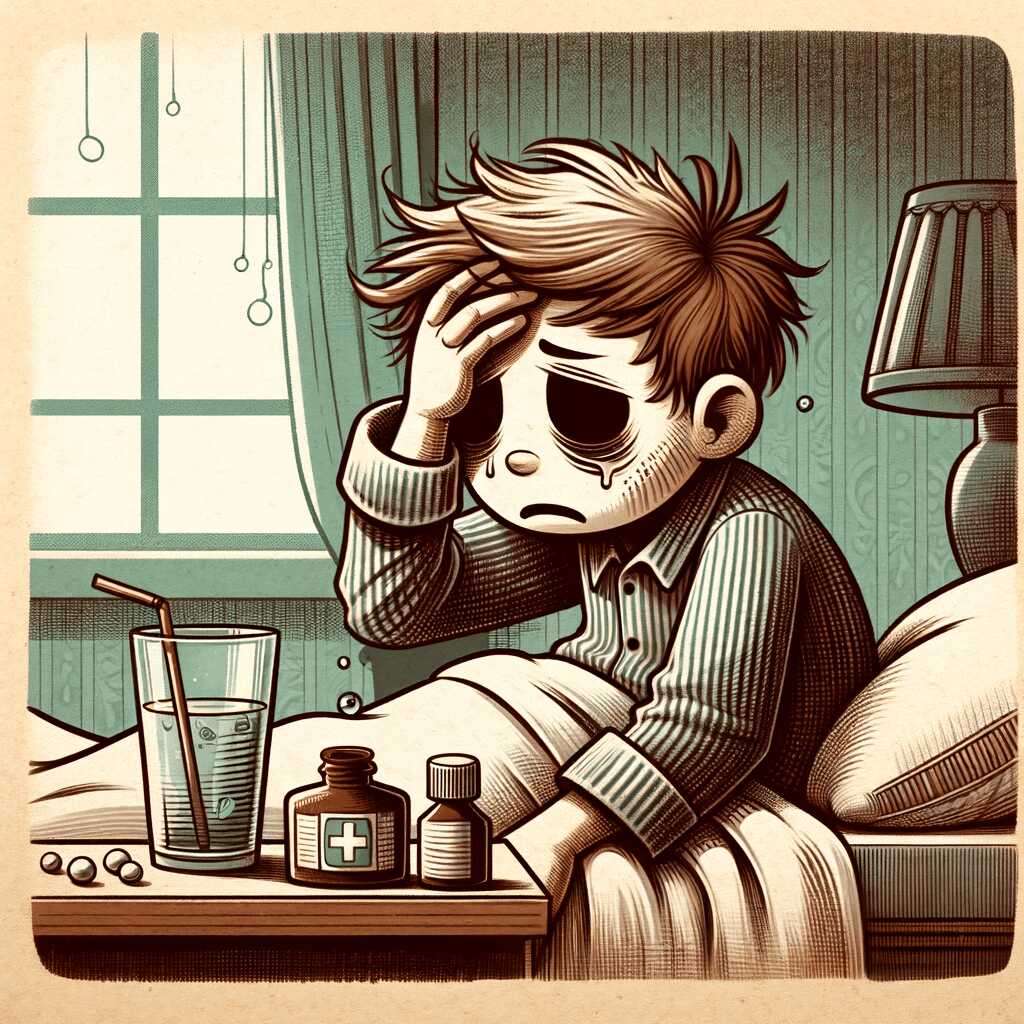what is the best treatment for severe anxiety
Anxiety can be a debilitating condition that affects millions of people worldwide. When anxiety becomes severe, it can significantly impact daily functioning, relationships, and overall quality of life. Fortunately, there are various treatment options available that can help manage severe anxiety. This blog post delves into some of the best treatments for severe anxiety, including psychotherapy, medication, lifestyle changes, and alternative therapies. It’s important to note that the effectiveness of these treatments can vary from person to person, and a combination of approaches may be necessary to achieve the best results.

Psychotherapy
Psychotherapy, or talk therapy, is often considered a first-line treatment for severe anxiety. Cognitive-behavioral therapy (CBT) is one of the most effective forms of psychotherapy for anxiety disorders. CBT focuses on identifying, understanding, and changing thinking and behavior patterns. It involves skills training to help individuals confront and manage their fears in a controlled environment, reducing the anxiety they feel.
- Exposure Therapy: This is a component of CBT that involves gradual exposure to the source of fear in a controlled way to help reduce anxiety over time.
- Acceptance and Commitment Therapy (ACT): ACT helps individuals accept their thoughts and feelings rather than fighting or feeling guilty for them, promoting psychological flexibility.
Medication
Medications can be an effective treatment for severe anxiety and are often used in conjunction with psychotherapy. The most commonly prescribed medications include:
- Selective Serotonin Reuptake Inhibitors (SSRIs): These antidepressants can help reduce symptoms of severe anxiety.
- Serotonin-Norepinephrine Reuptake Inhibitors (SNRIs): Similar to SSRIs, SNRIs are antidepressants that can also help alleviate anxiety symptoms.
- Benzodiazepines: These are sedatives that can help relieve anxiety symptoms quickly but are typically prescribed for short-term use due to the risk of dependency.
It’s crucial to discuss the potential benefits and side effects of medications with a healthcare provider.
Lifestyle Changes
Incorporating healthy lifestyle changes can significantly impact the management of severe anxiety:
- Regular Exercise: Physical activity can help reduce anxiety levels and improve mood through the release of endorphins.
- Balanced Diet: Eating a balanced diet can help regulate mood and energy levels, which can, in turn, reduce anxiety.
- Adequate Sleep: Poor sleep can exacerbate anxiety, so aiming for 7-9 hours of quality sleep each night is important.
- Mindfulness and Meditation: These practices can help calm the mind and reduce stress and anxiety levels.
Alternative Therapies
Several alternative therapies may offer relief for those with severe anxiety, though it’s important to approach these with caution and seek advice from healthcare professionals:
- Acupuncture: Some studies suggest that acupuncture can help reduce anxiety symptoms, though more research is needed.
- Herbal Supplements: Certain supplements, such as valerian root or chamomile, may provide some relief from anxiety. However, it’s important to consult with a healthcare provider before starting any supplements, as they can interact with medications.
- Yoga: Yoga combines physical postures, breathing exercises, and meditation to promote relaxation and reduce anxiety.
Severe anxiety requires a multi-faceted treatment approach tailored to the individual’s needs. While psychotherapy and medication are cornerstone treatments, lifestyle changes and alternative therapies can also play a crucial role in managing anxiety. It’s essential for individuals to work closely with healthcare professionals to determine the most effective treatment plan for their specific situation. Remember, managing severe anxiety is a journey, and it’s important to be patient and compassionate with oneself throughout the process.
